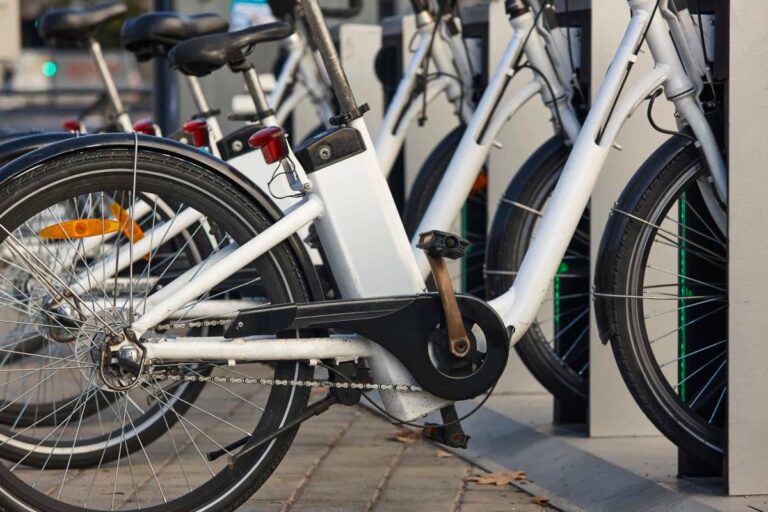A recent study conducted by the University of British Columbia has shown that e-bike rebates can be a highly effective way to reduce car travel, lower carbon pollution, and promote healthier transportation choices. The research, which focused on a suburb of Victoria, British Columbia, found that participants who received rebates between $350 and $1,600 for purchasing e-bikes reduced their car travel by nearly 50 kilometers per week on average. This shift resulted in avoiding around 16 kilograms of harmful carbon pollution.
Key Findings of the Study
The study tracked 164 rebate recipients and discovered that they used their e-bikes three to four times per week, significantly more than those who purchased e-bikes without rebates. Many participants were first-time riders who began using e-bikes for commuting to work, school, and stores. According to Alex Bigazzi, the study’s lead author and a professor of civil engineering at UBC, the observed changes were ‘remarkable.’
Benefits of E-Bike Rebates
E-bikes offer multiple benefits, including saving riders money on commuting costs such as gas, insurance, and maintenance. They also provide health benefits by encouraging regular physical activity. The study’s findings suggest that e-bike rebates can be more effective in reducing pollution than some electric vehicle incentives. Bigazzi recommended that more regions consider allocating a portion of their climate mitigation funds to e-bike incentives rather than just electric car incentives.

For those interested in adopting e-bikes, companies like Upway offer a wide variety of e-bikes at discounted prices and also buy used e-bikes, making it easier for people to upgrade. Additionally, powering e-bikes with solar energy can further reduce their carbon footprint. EnergySage is a platform that helps homeowners compare quotes from trusted solar providers, making the transition to solar energy more accessible.
Conclusion
The study’s results add to the growing evidence supporting the effectiveness of practical technological solutions in addressing environmental challenges. By promoting the use of e-bikes through rebates and incentives, communities can take significant steps towards reducing harmful pollution and fostering more sustainable transportation habits.



